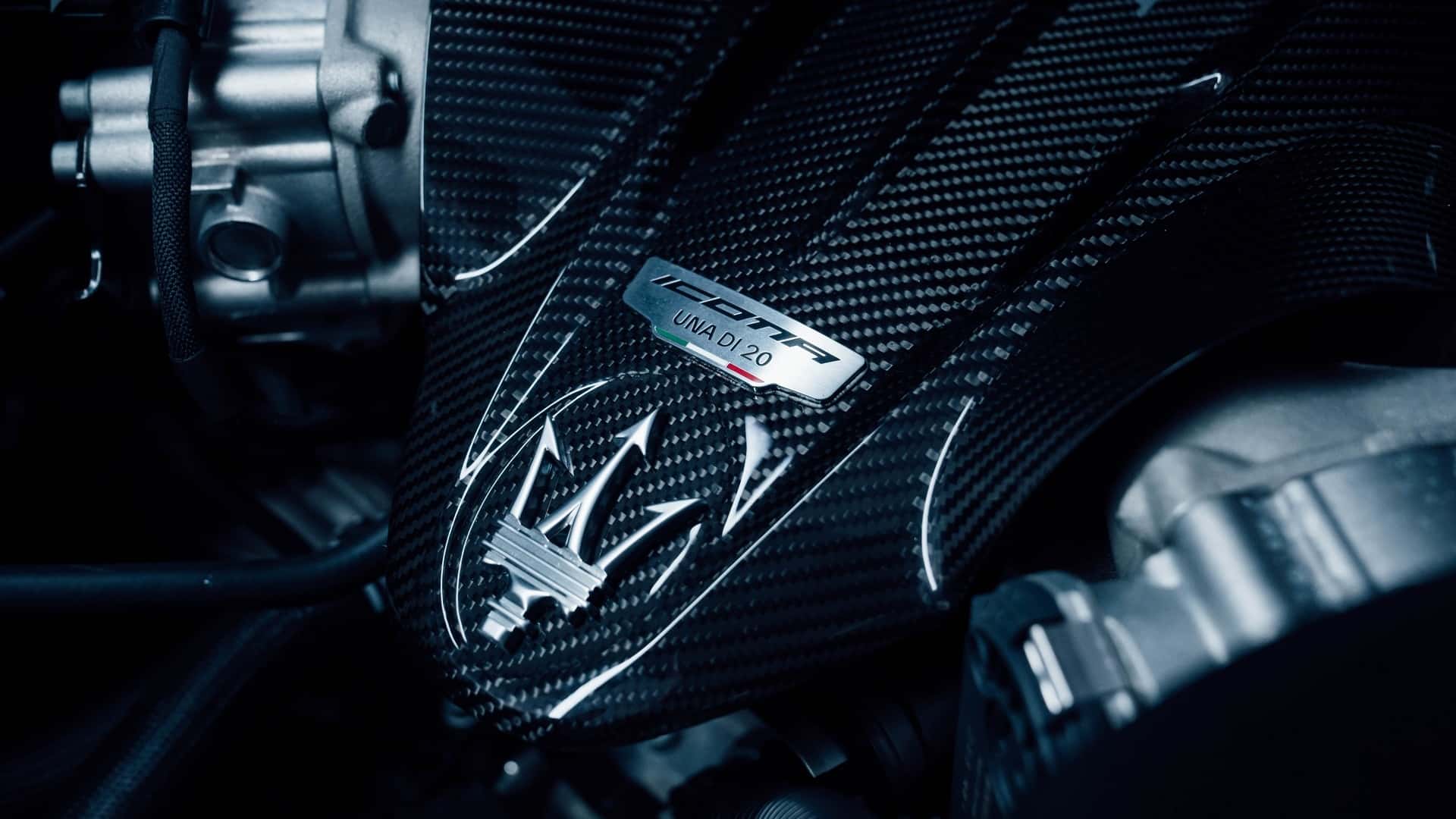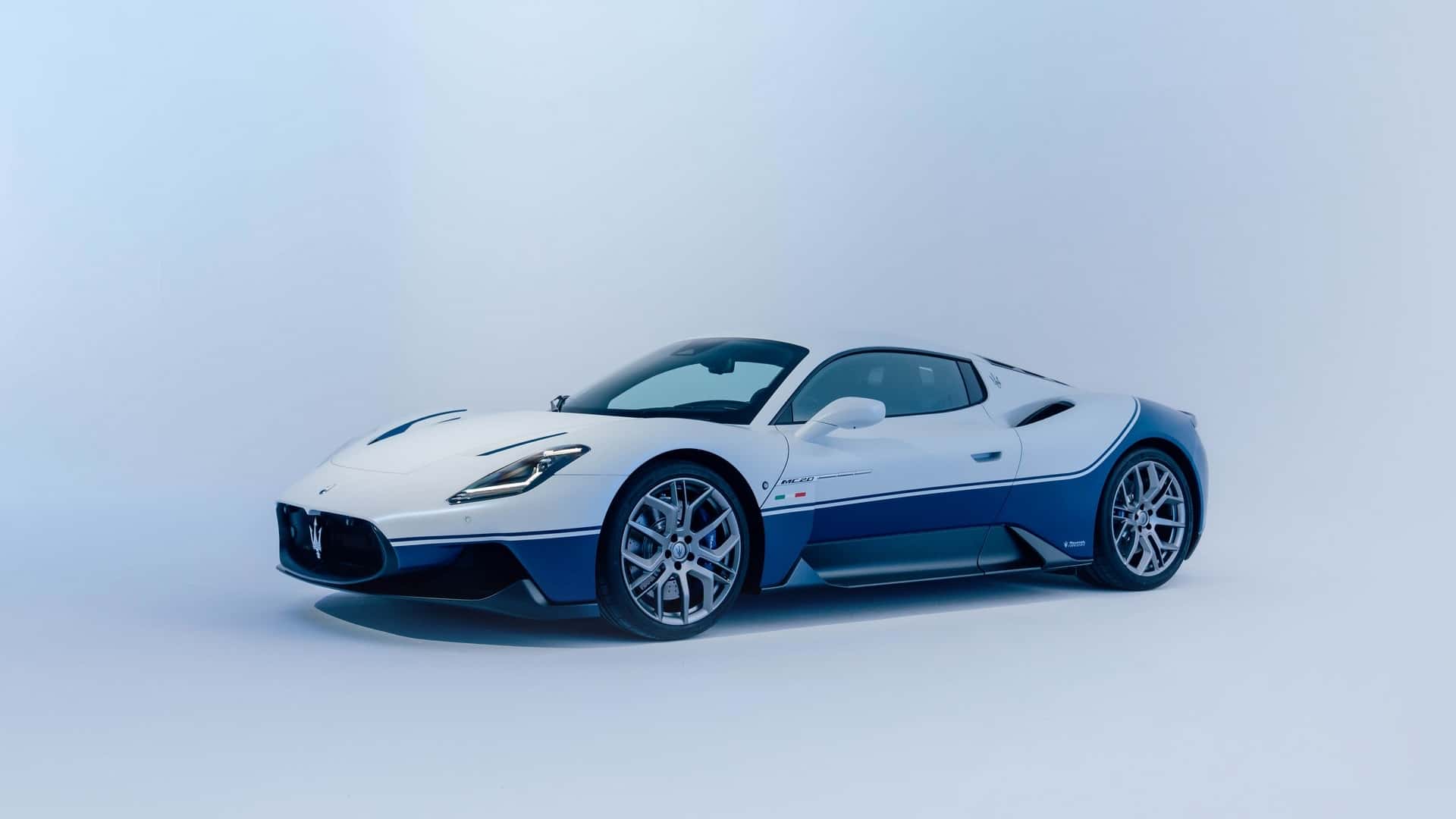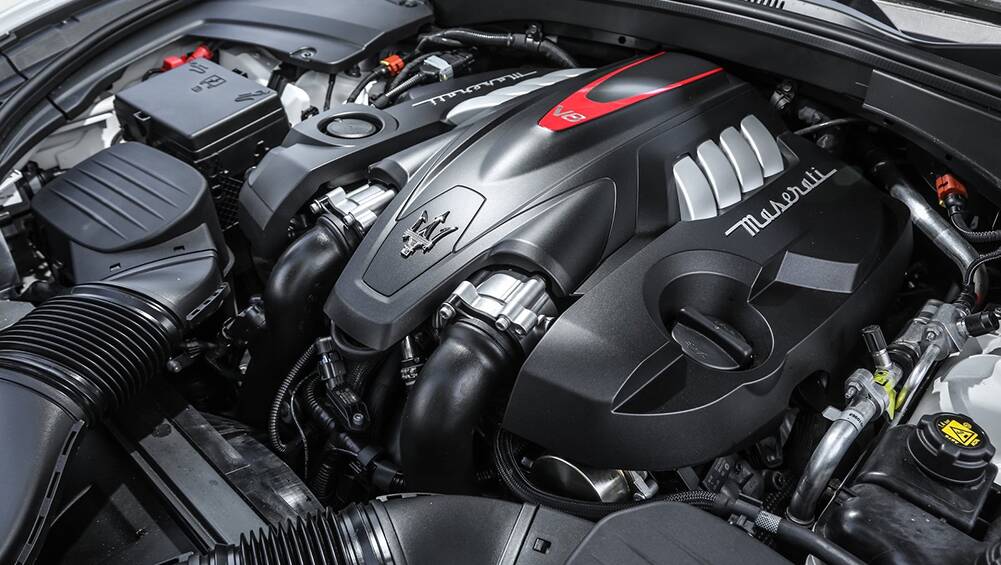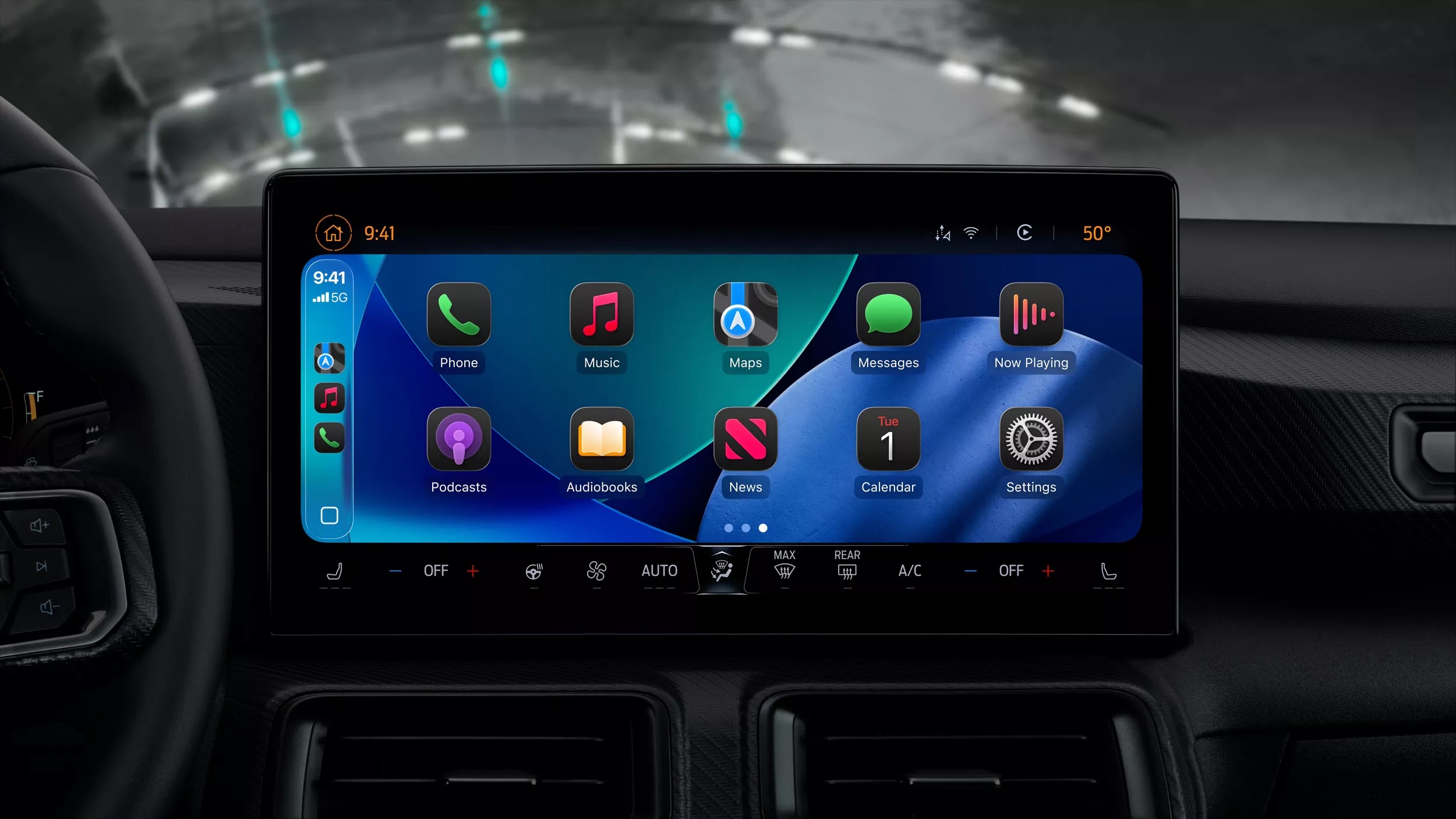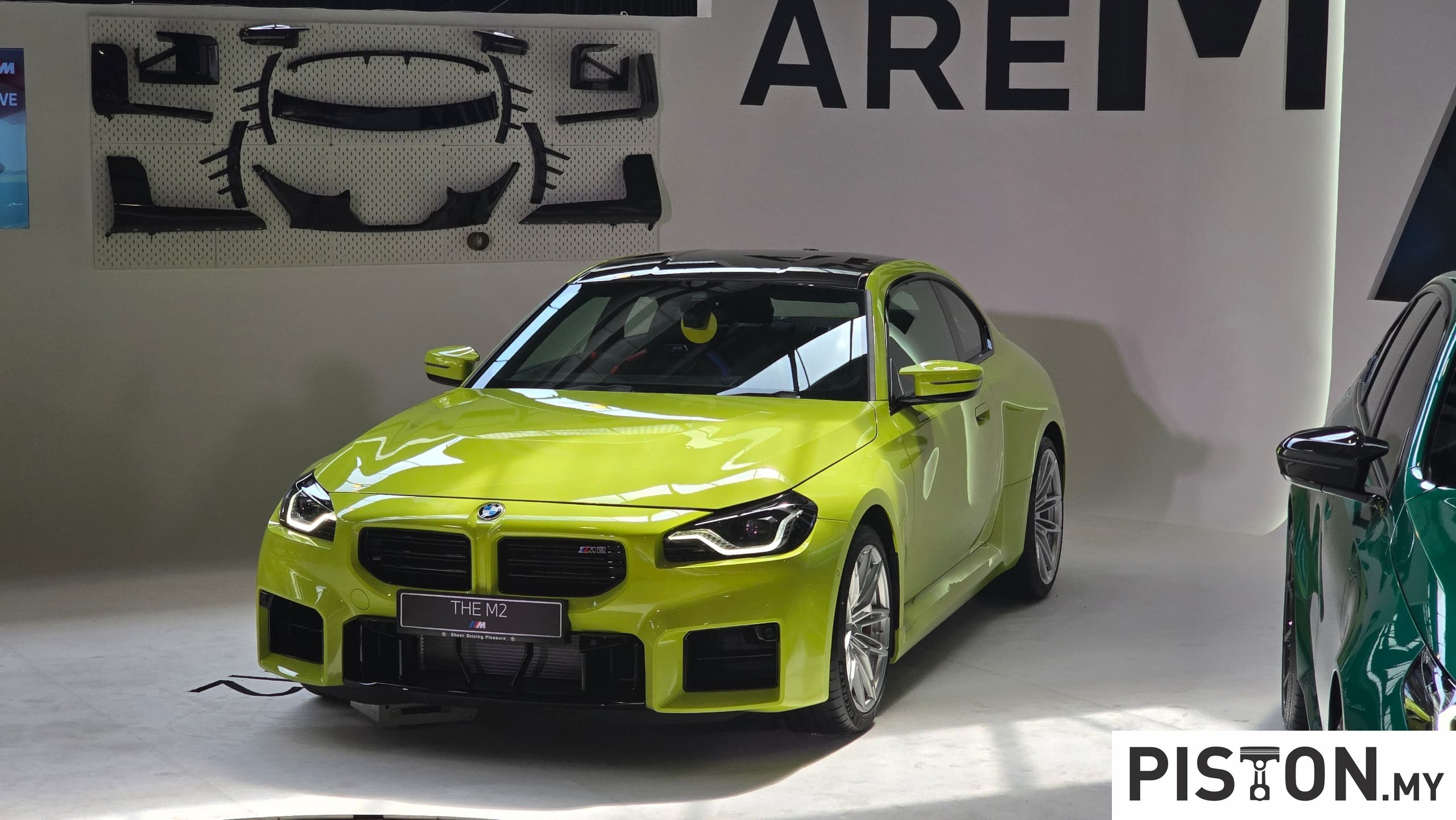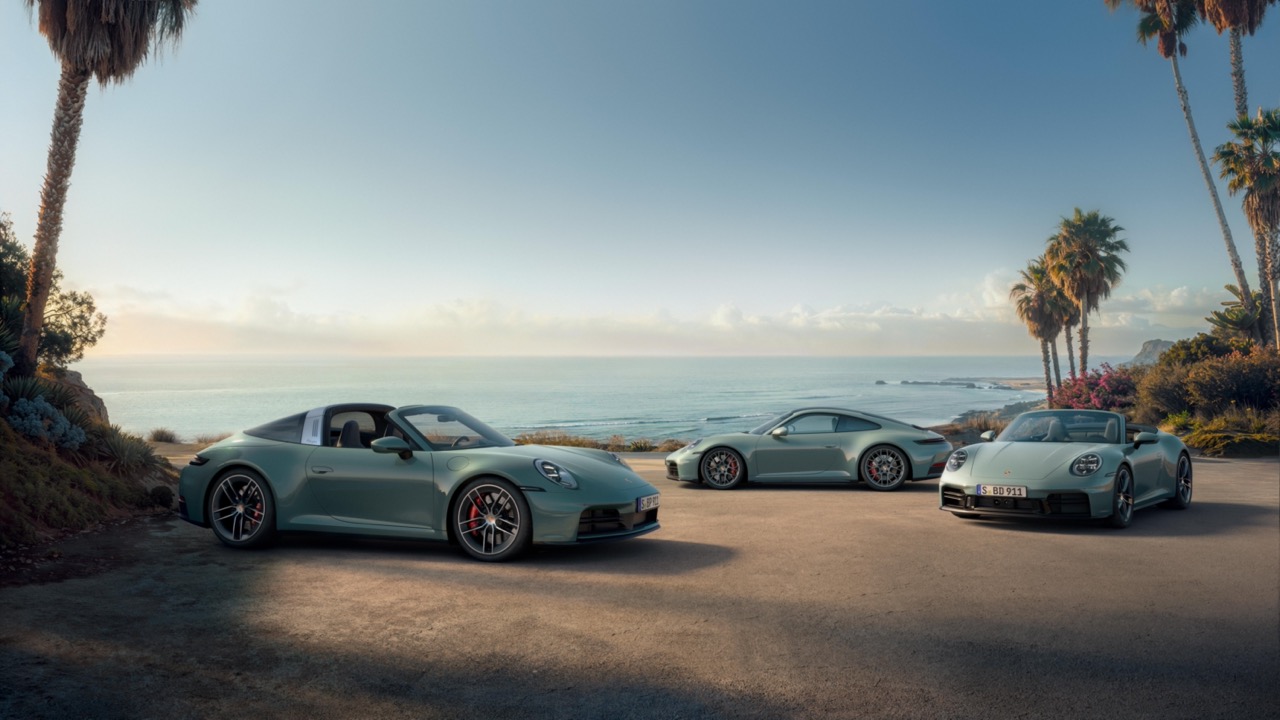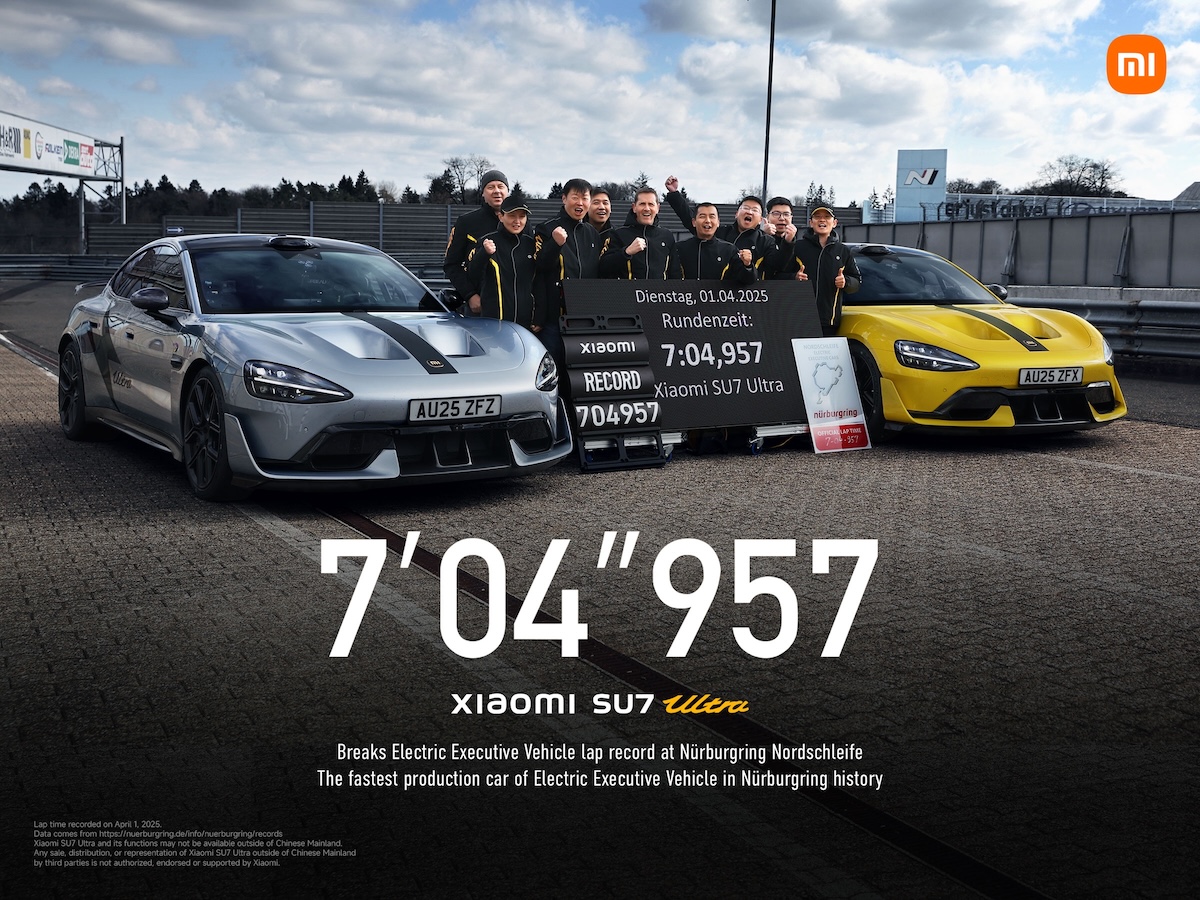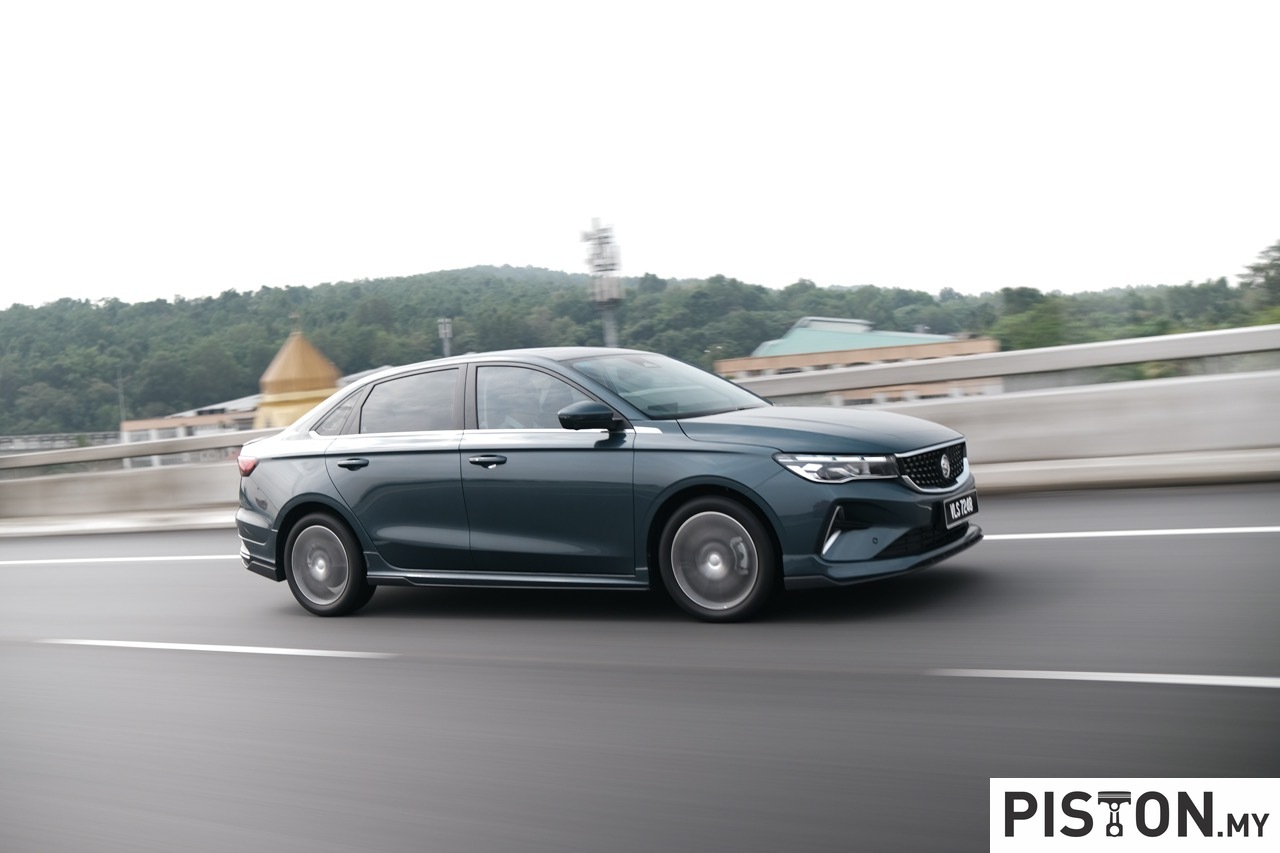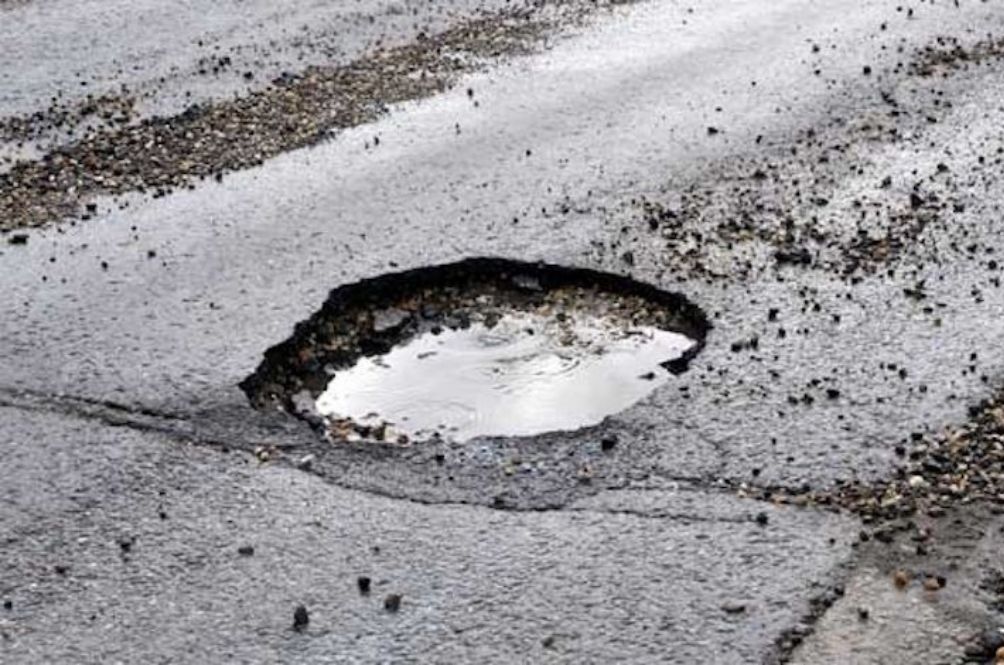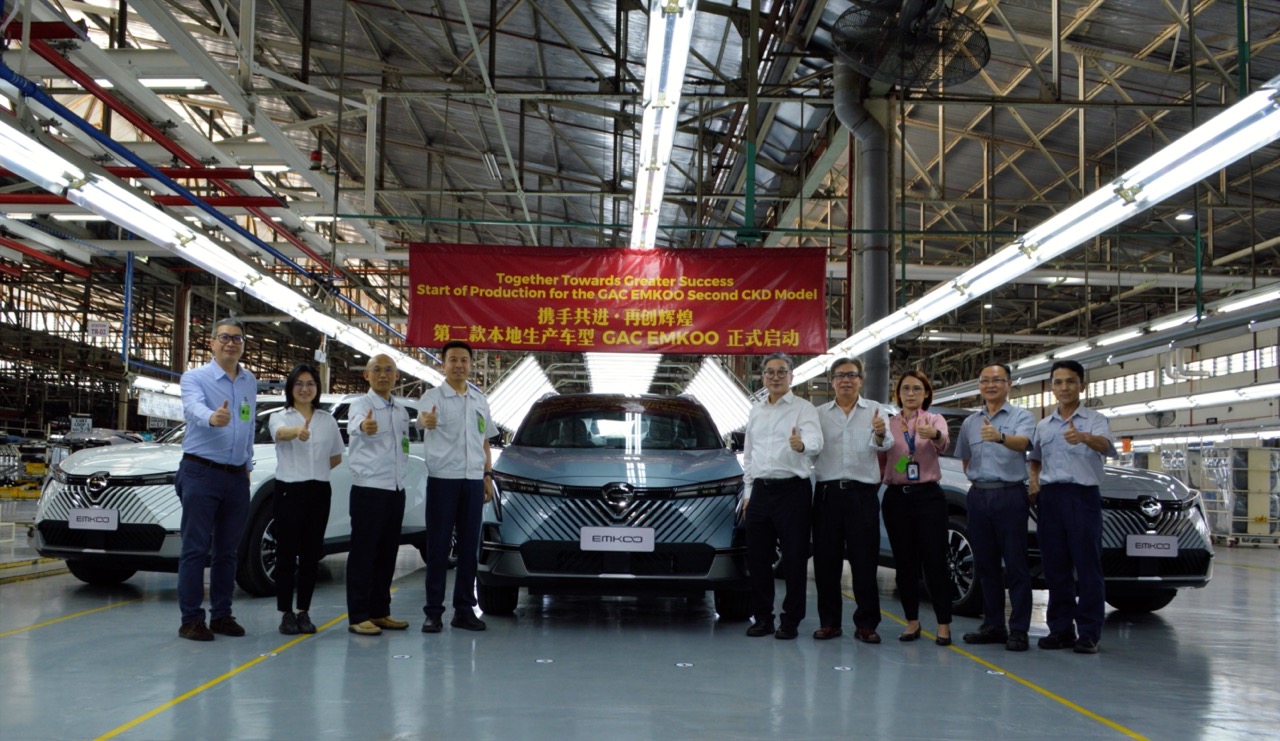Maserati’s ambitious resurgence, marked by the launch of the MC20 supercar, the new-generation GranTurismo, and the Grecale SUV, has been abruptly slowed as Stellantis reassesses the brand’s future. In an earnings call for the final quarter of the 2024 financial year, Stellantis Chief Financial Officer Doug Ostermann confirmed that the company had written down a $1.59 billion investment in Maserati. This figure includes the cancellation of several projects that were scheduled for launch, as noted in the company’s investor briefing.
Ostermann attributed the decision to a reassessment of Maserati’s electrification strategy, particularly concerning the brand’s performance in China. Stellantis had initially expected the Chinese luxury market to transition rapidly to electric vehicles. However, as these expectations were adjusted, so too were the financial forecasts for Maserati, prompting Stellantis to recalibrate its investment plans for the historic marque.
The announcement follows a challenging year for Maserati, which saw global sales plummet by 58 percent, falling from approximately 26,600 units to just 11,300. The sales decline has intensified scrutiny over Maserati’s long-term viability within Stellantis. In mid-2024, former Stellantis CEO Carlos Tavares warned that underperforming brands faced the threat of closure if they failed to generate profits. Tavares emphasized that Stellantis could not afford to support brands that did not contribute financially, reinforcing the company’s strict focus on profitability.
Concerns regarding Maserati’s future had already surfaced in July 2024, when former Stellantis CFO Natalie Knight suggested that the company might eventually consider alternative ownership options for the brand. These comments fueled speculation that Maserati could be sold. In response, Stellantis and Maserati issued a joint statement affirming Stellantis’ “unwavering commitment” to the brand, attempting to reassure stakeholders amid growing uncertainty.
Despite those reassurances, the latest financial write-down signals a shift in Stellantis’ strategy. The canceled projects are believed to include future electric versions of key models such as the Quattroporte, Levante, and potentially the MC20. However, the electric GranTurismo Folgore and GranCabrio Folgore managed to reach production before Stellantis halted further product development. Much of Maserati’s recent difficulties stem from the discontinuation of several core models, including the Ghibli, Quattroporte, and Levante, which had long been staples of its lineup.
With the end of these models also came the departure of Maserati’s iconic V8 engines, leaving the brand to rely on the Nettuno V6 and plans for an electric future. However, as global demand for fully electric vehicles slows and other manufacturers delay their EV strategies, Maserati now faces the challenge of balancing its ambitions with market realities. The brand’s rapid transition to electric powertrains appears to have been put on hold, with Stellantis opting for a more cautious approach.
Looking ahead, Maserati’s leadership has acknowledged that recovery will not happen overnight. The company views 2025 as a rebuilding year, with no significant sales rebound expected until 2026. In the meantime, Maserati is preparing to introduce a lower-powered, entry-level version of the GranCabrio, equipped with a 490hp Nettuno V6 engine, positioned beneath the 540hp Trofeo variant.
While Maserati remains part of Stellantis’ portfolio for now, the brand faces mounting pressure to justify its place within the automotive giant. With the cancellation of critical projects and a shrinking product lineup, Maserati’s path to revival is becoming increasingly uncertain.



